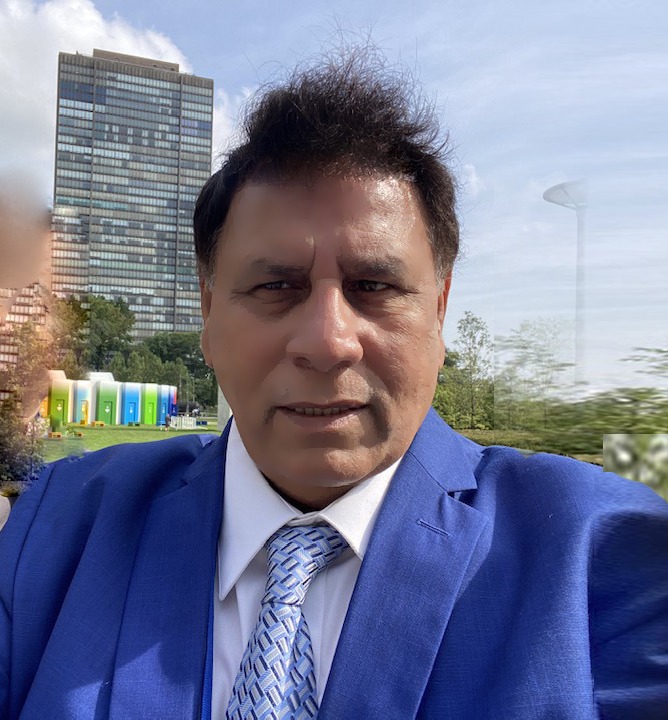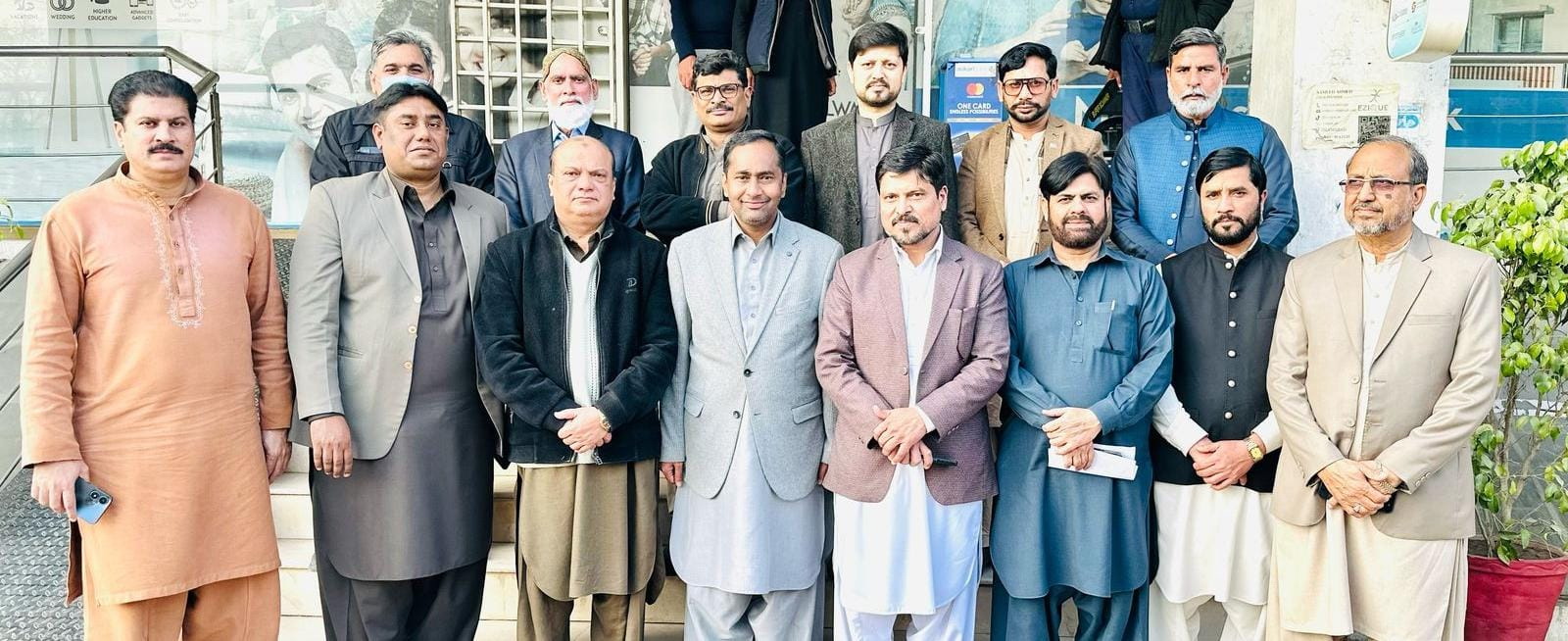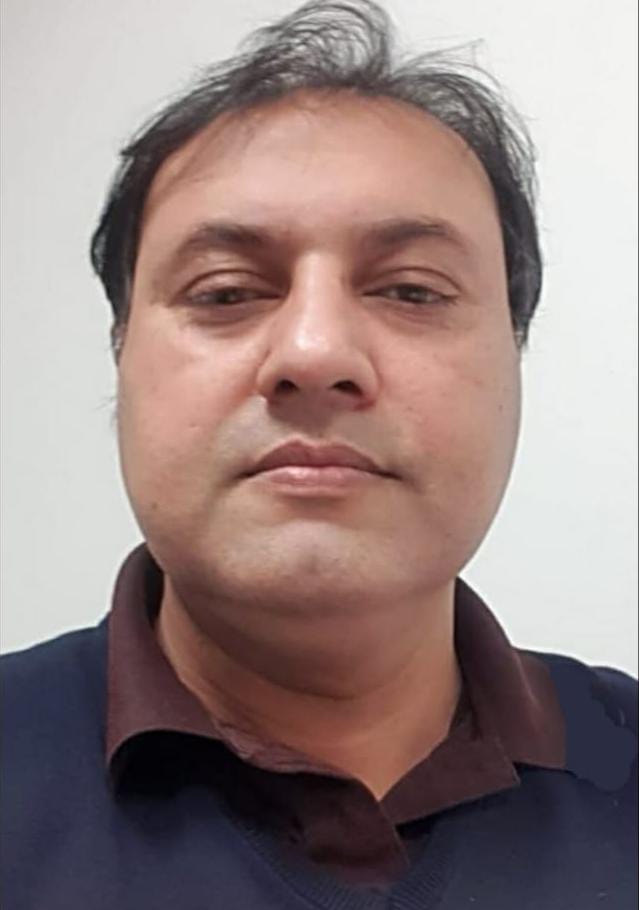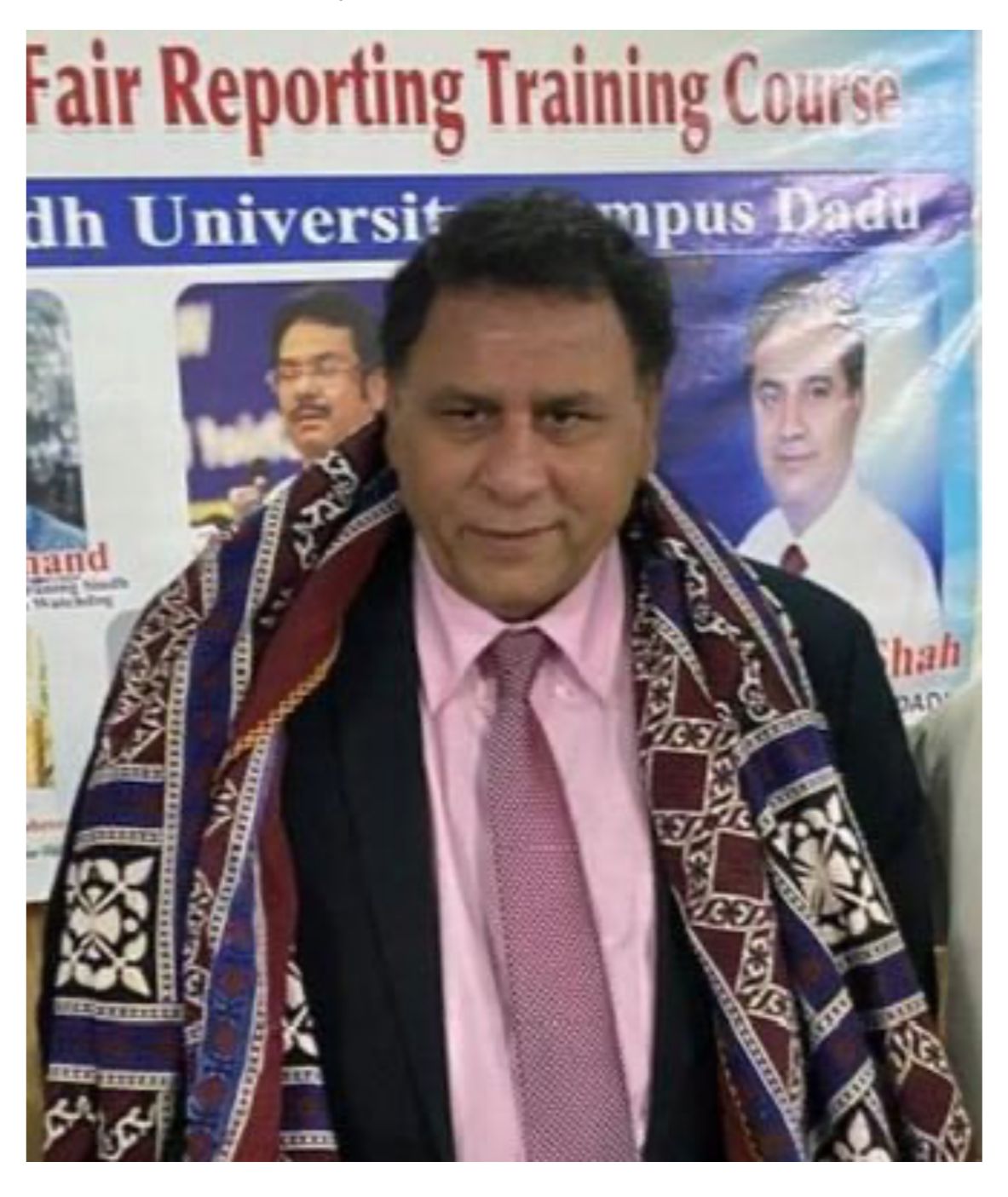Using Institutions as Political Weapons
By Farooq Mirza
The letter written by six judges of the Islamabad High Court to the Supreme Judicial Council alleging interference of the executive, including operatives of intelligence agencies, in judicial affairs has evoked heated debate.
Irked by the meddling the judges wrote that we are writing to seek guidance from the Supreme Judicial Council (SJC) about the duty of a judge to report and respond to actions on the part of members of the executive, including other custodians. Those who seek to interfere with the discharge of his/her official functions as well as the duty to report any such actions that come to his/her attention concerning colleagues and/or members of the courts that the High Court supervises.
The fundamental principle of our political system that assures the fulfillment of fundamental rights employing judicial review of the executive orders is the independence of the judiciary. Therefore, many have confidence the interference must stop to protect the entire political system.
The nation awaits as to how the Pakistan Bar Council, Provincial Bar Councils, the Supreme Court Bar Association, and High Court Bar Associations are going to act as bulwark against the undue interference in the judiciary.
The letter should not be taken in isolation nor considered personal acts of the judges but in the broader perspective of fundamental freedoms as enshrined in the Constitution of Pakistan. If we are to ensure the fundamental rights in the true sense, such brazen acts of interference must stop.
The higher judiciary cannot perform the role of being the guardian of the Constitution and democracy without being independent. That is why its independence is an essential ingredient of the jurisprudence evolved so far. The concept is also mentioned in the preamble to the Constitution of Pakistan through the proclamation that the independence of the judiciary “shall be fully secured”.
A judge agrees to: “I will abide by the code of conduct issued by the Supreme Judicial Council; that I will preserve, protect and defend the Constitution of the Islamic Republic of Pakistan; and that, in all circumstances, I will do right to all manner of people, according to law, without fear or favor, affection or ill-will.”
Article 4 of the Constitution in combination with others further protects the rights of the individuals. It says that to enjoy the protection of law is the inalienable right of every citizen, wherever he may be. Moreover, avoid actions detrimental to the life, liberty, body, reputation, or property of any person. It must be following the law. No person should do what the law prohibits and that which the law does not require him to do.
The fulfillment of the aforementioned rights is not possible by a mere mention in the Constitution. This rather requires an environment free from coercion and interference and a political setup providing an atmosphere to establish the independence of the judiciary.
Civil society, in particular, will have to realize that democratic institutions including the judiciary are made unstable by such acts. The Constitution must not become a weapon in the hands of its custodians. Without shared understandings and a community of trust and accommodation, civilian rule is not synonymous with democracy. Without these, the institutions, which ought to create checks and balances, become devices of control. Courts are no exceptions.
Political parties, organized citizens, and democratic norms must defend the Constitution. Without healthy rules, constitutional checks and balances cannot serve as the safety device of democracy we conceive them to be. Institutions must not become political weapons to tilt the playing field against rivals. This is also a check of each political party as to which side of the political field it stands.




